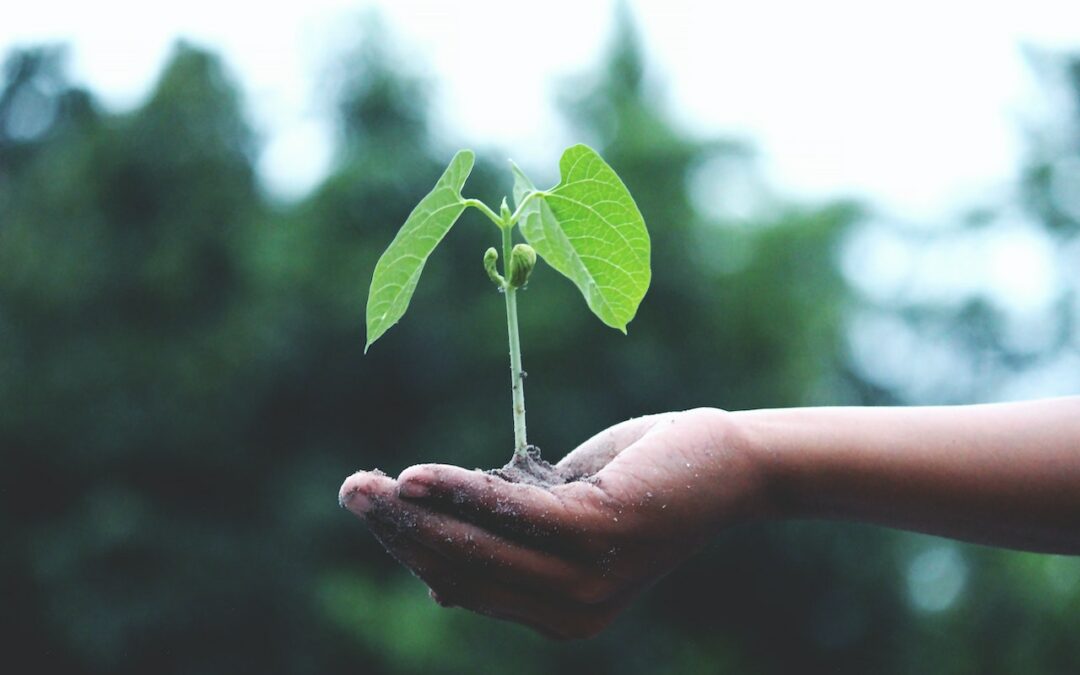
by Komoneed | Feb 14, 2025
A collaboration between The Nature Conservancy (TNC), TNC’s Cumberland Forest Limited Partnership, Sun Tribe Development and ENGIE aims to transform 17 former coal mining sites throughout Appalachia into clean energy projects. In total, the projects include 14 solar energy projects with 49 megawatts of energy generation and three battery storage projects with 320 megawatts of […]
The post 17 Clean Energy Projects Announced for Former Coal Sites in Appalachia appeared first on EcoWatch.

by Komoneed | Feb 14, 2025
This post was originally published on The Art NewspaperPremiere will be dedicated to art created within the past five...

by Komoneed | Feb 14, 2025
Renault’s sixth-generation Clio hatchback will get a clean look and hi-tech kit, and our exclusive images show what it could look like

by Komoneed | Feb 14, 2025
Australian freight and logistics company ANC Delivers has achieved key milestones in its $45.5 million sustainability initiative, including the integration of around 60 electric vehicles into its fleet.
ANC showcased these milestones at the Scaling Zero Emissions Delivery for a Sustainable Future event, highlighting their role in bridging the gap between affordability and environmental impact.
Honorary guest speaker Chris Bowen MP, Minister for Climate Change and Energy, expressed strong support for the initiative and emphasised the critical role of sustainable last-mile deliveries (LMD) in Australia’s broader climate goals.
Image caption: (L–R) Brendan Groll (IKEA), Calvin D’Silva, Joe Sofra (CEO ANC), Alexandra Kelly (IKEA), Mirja Viinanen (CEO IKEA), Julie Delvecchio (CEO EVC), Chris Bowen MP.
Project Spark, the sustainability initiative by ANC, was officially announced in June 2024 and includes $12.8 million in funding from the Australian Renewable Energy Agency’s (ARENA) Driving the Nation Fund.
ANC manages a network of contracted owner-drivers to provide LMD services to high-profile retail brands including IKEA, JB HI-FI, The Good Guys, Bunnings, Who Gives A Crap, Temple and Webster, and William Sonoma.
According to ANC Chief Growth & Sustainability Officer Mo Abbas, ANC has prepared strategies, as part of Project Spark, to overcome challenges in transitioning to battery-electric vehicles (BEVs).
“Up until now, multiple constraints have made it hard for our industry to transition away from internal combustion engine vehicles. Currently, owner-drivers considering BEV trucks face higher capital costs, limited access to charging infrastructure, costly and complex charging options for larger format vehicles and constrained revenue potential,” he said.
“Project Spark aims to tackle these challenges head-on with initial support from ARENA, focusing on reducing the cost of BEV ownership and improving accessibility to charging options for owner-operators. This includes initiatives like bulk purchasing, flexible financing models and strategic partnerships with insurers.”
To tackle the challenge of charging infrastructure, ANC has teamed up with several key partners. For example, Origin Energy has facilitated the transition for owner-drivers by installing at-home charging stations, making the switch to electric vehicles more convenient and accessible.
“Project Spark leverages both commercial and technological strategies to lower the total cost of ownership for BEV trucks, supported by key partners including Origin Energy, SpotLumos, Atecco, JAC and others,” Abbas said.
Looking to the future, Abbas shared ANC’s medium-term goal of converting 30% of its fleet to zero-emissions vehicles by 2028. Additionally, ANC is exploring pathways to commercialise these efforts to accelerate the widespread adoption of zero-emission delivery solutions.
He also highlighted an opportunity for brands that are willing to reallocate a portion of their out-of-home advertising spend to leverage the advertising potential of their fleets, as they can accelerate their journey towards zero-emissions delivery while increasing their marketing impact.
Top image caption: A fleet of new electric vehicles for ANC Delivers.

by Kate Mothes | Feb 14, 2025
Guberman considers the faces we “put on” that enable us to feel less fearful of the outside world.
Do stories and artists like this matter to you? Become a Colossal Member today and support independent arts publishing for as little as $7 per month. The article Lena Guberman’s Emotive Sculptures Call Upon Childhood Social Anxiety appeared first on Colossal.





